Poverty is a giant who uses your features like a piece of cotton waste to wipe a filthy world
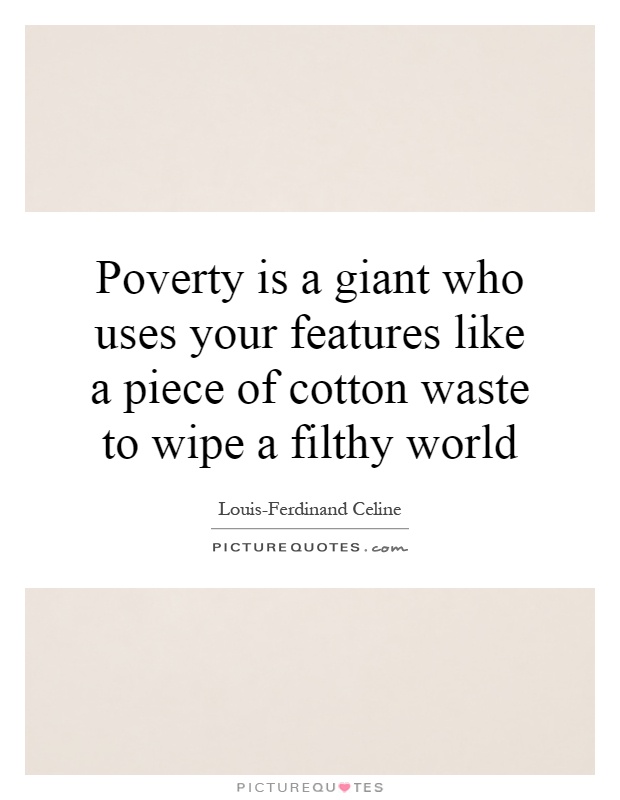
Poverty is a giant who uses your features like a piece of cotton waste to wipe a filthy world
Louis-Ferdinand Celine, a French writer known for his controversial and provocative works, often explored themes of poverty, despair, and the human condition in his writing. In his novel "Journey to the End of the Night," Celine vividly portrays the harsh realities of poverty and its impact on individuals and society as a whole. The quote "Poverty is a giant who uses your features like a piece of cotton waste to wipe a filthy world" encapsulates the dehumanizing and oppressive nature of poverty as depicted in Celine's work.Celine's portrayal of poverty as a giant highlights the overwhelming and all-encompassing nature of this social issue. Poverty is not just a lack of material wealth, but a powerful force that can consume and control individuals, shaping their lives and identities. The image of poverty using one's features like a piece of cotton waste to wipe a filthy world suggests that poverty strips individuals of their humanity and dignity, reducing them to mere objects or tools to be used and discarded.

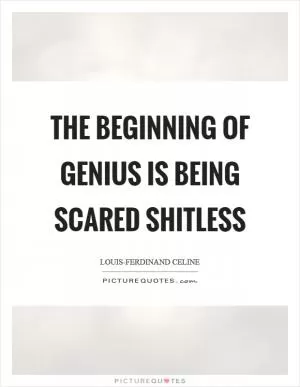
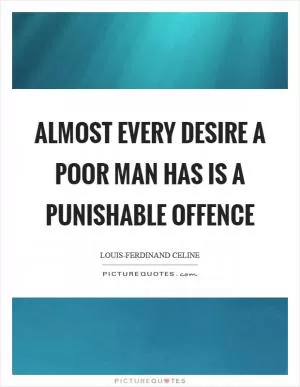




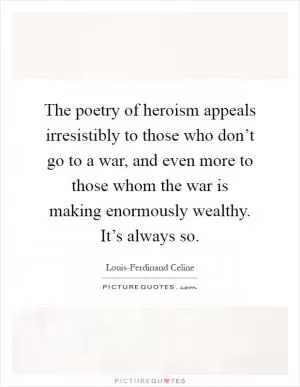



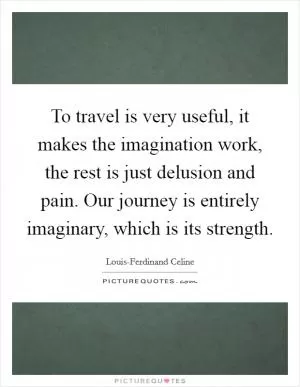
 Friendship Quotes
Friendship Quotes Love Quotes
Love Quotes Life Quotes
Life Quotes Funny Quotes
Funny Quotes Motivational Quotes
Motivational Quotes Inspirational Quotes
Inspirational Quotes